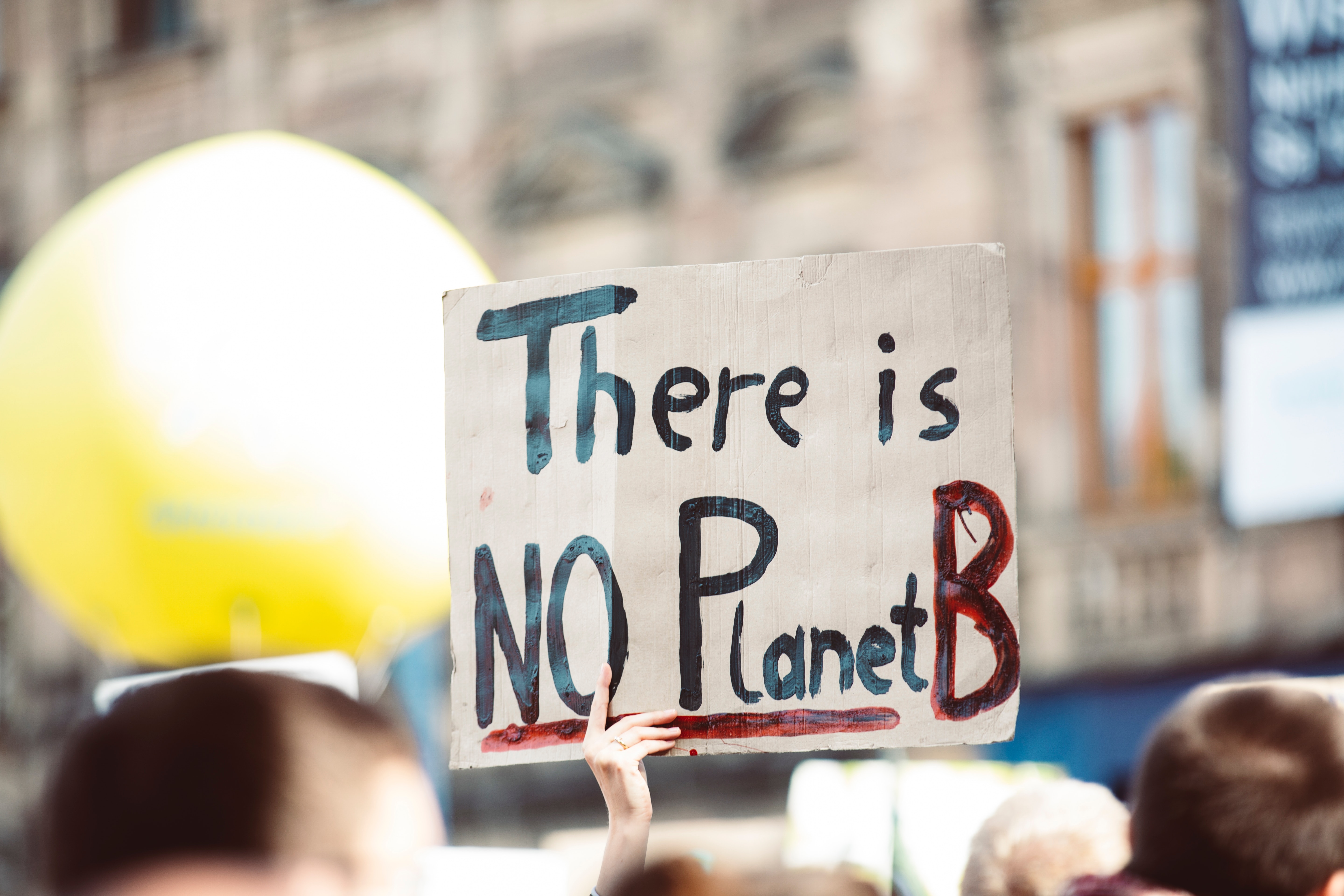News release
From:
Environment: Global analysis of violence against women environmental defenders
Women environmental defenders were victims of murder, displacement, repression, criminal prosecution, and physical harassment, reports a Nature Sustainability paper based on an analysis of 523 cases from a global database of environmental conflicts. This issue is predominantly concentrated in Latin America, Asia, and Africa, but also occurs in North America and Europe.
Environmental conflicts typically occur when projects extracting natural resources for exportation entail land grabbing and ecological destruction that threaten the cultural and physical existence of local communities. When environmental defenders facing violent retaliation are women, incidents are often not documented due to censorship and lack of data. As a result, violence against women environmental defenders is largely underestimated.
Dalena Tran and Ksenija Hanaček examined all available cases as of January 2022 in the Environmental Justice Atlas, the largest online database of global environmental conflicts, spanning conflicts including those over water, fossil fuels, agriculture and deforestation. The authors identified 523 cases involving women environmental defenders and indicate that they were concentrated among mining, agribusiness and industrial conflicts in the geographical South. They note that in 81 cases, women were assassinated for their environmental advocacy and suggest that this is an extreme yet common outcome when conflict violence worsens. Of the 81 cases reporting murders, 19 occurred in the Philippines, with large concentrations also occurring in Brazil, Colombia and Mexico. Murders were not confined to the Global South, as six assassinations occurred in the USA and Europe. The authors also suggest that women defenders were subject to high rates of violence irrespective of countries’ governance accountability and gender equality.
The authors note that data tracking violence against environmental defenders are rarely disaggregated by gender; therefore, there might be as many killings of women environmental defenders as men environmental defenders. They conclude that better documentation and further analysis are also needed to explore how violence against women occurs and to identify patterns of violence against diverse groups of women, such as Indigenous women environmental defenders.



 International
International



